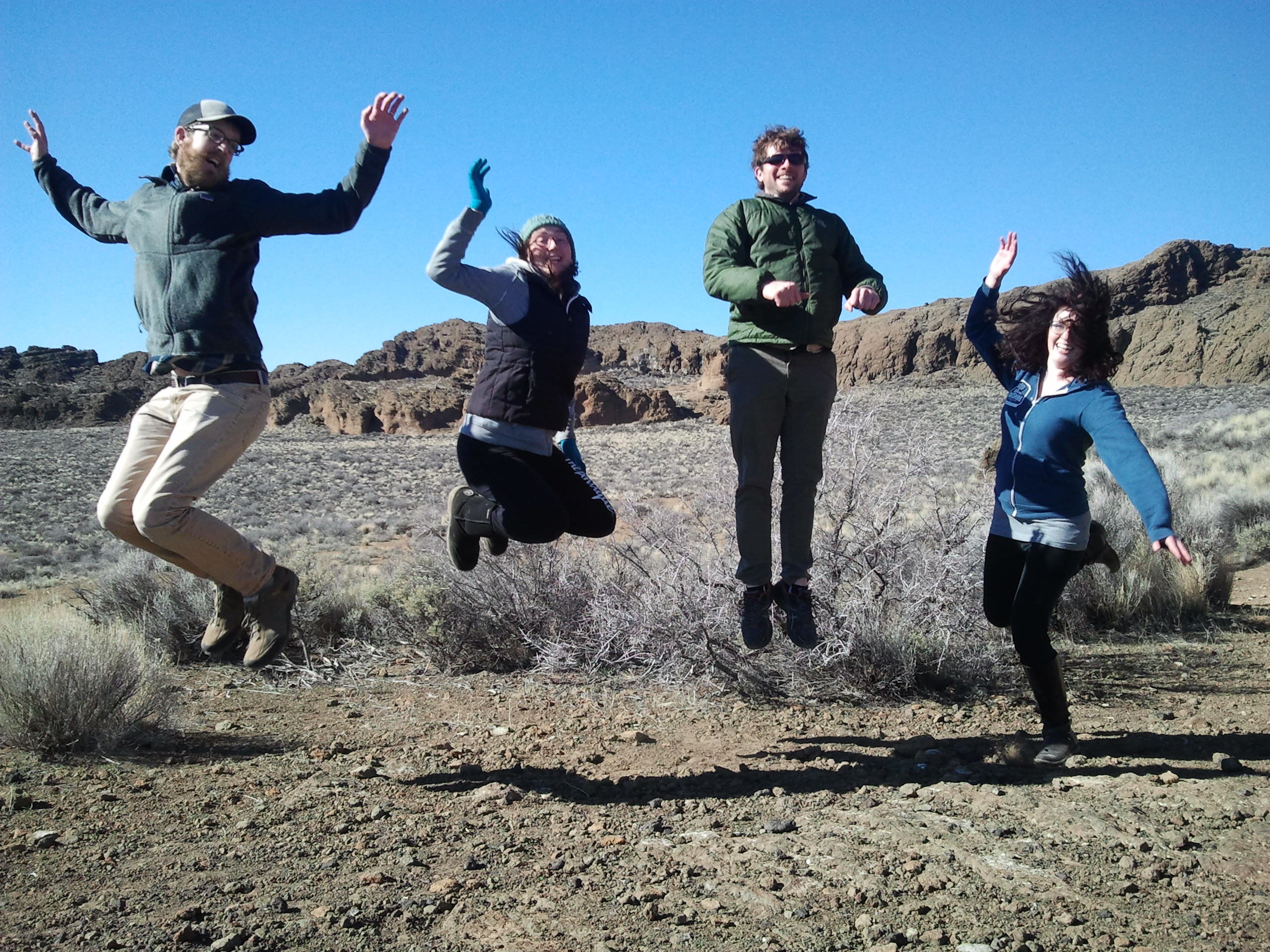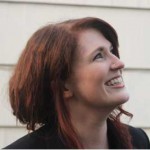
Well, you’ve decided to host a community workshop. Whether you are doing a Parks and Recreation Master Plans (like us) with the Community Planning Workshop (CPW) or are just hosting one because you have to because you are mandated to by law, there will be some point in your professional career when you will need to get input for community projects!
You may be asking yourself, “But, Allie, can’t I just show up at a meeting with some snacks and flip charts and just wing it?” Or “Allie, do I really need tips to host a community workshop- what can go wrong?”
To answer your questions: No, you can’t just show up (Unless of course, you hate planning. In which case, maybe this isn’t your true calling). And, yes you need these tips because everything can go wrong. But never fear! You’ve come to the right place to plan your next beautifully planned and well-executed community workshop.
10. Get to know the community before you get there.
Maybe you’ve never been to your community before. Maybe you have no idea what to expect, what the people are like, or who the important stakeholders are in the community. The first thing you need to do is research! Look at Census data, talk to the client, and really just get a feel for what is happening in the community.
9. Get to know your community, but don’t make any assumptions or assume you know what is best for the community.
Leave your assumptions at the door and really just go there and listen to what people have to say.
8. Plan, plan, plan. When you think you’ve planned enough, you should probably plan a little bit more.
In the wise words of the sage Bob Parker, you get what you plan for. Do you want a great, insightful, full of community members and input, workshop? Well, have you planned for a great, insightful, full of community members and input workshop? Ask yourself what kind of things you are looking to get from a workshop that you couldn’t get from any ol’ random household survey. What kind of activities do you want? How many people do you want to be there? How will you set up groups and activities? Thinking through and planning for all these things will be your best friend when you get to step five…
7. After planning, then you prep!
You’ve planned the perfect workshop. Now you will need all those things to make it happen. Pens, paper, flipcharts, post-its, snacks plates, cups, etc. You need to get that all ready. You also need someone to plan who is going to do what and when. This will save you a headache in the future.
6. Realize that many of your plans may crumble, but that’s okay.
Well, you did all this planning. You thought through all the minute details, and you think you even planned for the person who shows up trying to throw your workshop off course. Yet, there will probably be things you could have never planned for. What if the person doesn’t show up to unlock the door? What if people don’t show up until two minutes before it is supposed to start? Remember to always be flexible even when things don’t go as planned.
5. FINALLY: Workshop time!
Finally, the Holy Grail of days has arrived. Keep in mind all of your plans and try not to freak out. There will be a lot going on and a lot of things to remember. But never fear, you planned tight so you can facilitate loose. Oh, and remember to take lots of notes and pictures of everything.
4. Remember you are there to facilitate. You aren’t there to make decisions; you are there to listen to comments, concerns, and community desires.
See: Step Two. You are there as a facilitator, not a community member. You are there for them, not your own point of view.
3. After the workshop is over, remember to genuinely thank the participants and make connections with them.
Now that you have a room full of new friends you should thank them for attending. Some people may want a follow up, so remember to note that too.
2. Look out to the horizon!
Whew, it is all over. You made it! Not so bad, huh? So now that you’ve thrown this amazing workshop, what will you do next? What are the next steps? How will you get there? You are an amazing planner, after all.
1. Last but not least, HAVE FUN!
Remember how much work you put into this? And how tired you and your team are? Well did you have fun? Truly, it is an inspiring experience to see community members feel interact and be engaged on a topic that is important to them.
 About the Author: Allie Breyer is a second year Master of Public Administration student with a focus in environmental policy and planning. She hails from the great state of Minnesota and moved to Oregon seeking education, experience, and adventure. Allie is particularly interested in local government planning, and how government entities can plan for both vibrant communities and healthy natural resources. When she is not out trying to save the world, you can find Allie running, hiking, or spending time with her dog, Bear.
About the Author: Allie Breyer is a second year Master of Public Administration student with a focus in environmental policy and planning. She hails from the great state of Minnesota and moved to Oregon seeking education, experience, and adventure. Allie is particularly interested in local government planning, and how government entities can plan for both vibrant communities and healthy natural resources. When she is not out trying to save the world, you can find Allie running, hiking, or spending time with her dog, Bear.
 Rory Isbell Rory Isbell is from Flagstaff, Arizona and is in his second year at the University of Oregon pursuing degrees in law and community and regional planning.
Rory Isbell Rory Isbell is from Flagstaff, Arizona and is in his second year at the University of Oregon pursuing degrees in law and community and regional planning. Allie Breyer is a second year Master of Public Administration student with a focus in environmental policy and planning. She hails from the great state of Minnesota and moved to Oregon seeking education, experience, and adventure.
Allie Breyer is a second year Master of Public Administration student with a focus in environmental policy and planning. She hails from the great state of Minnesota and moved to Oregon seeking education, experience, and adventure.


